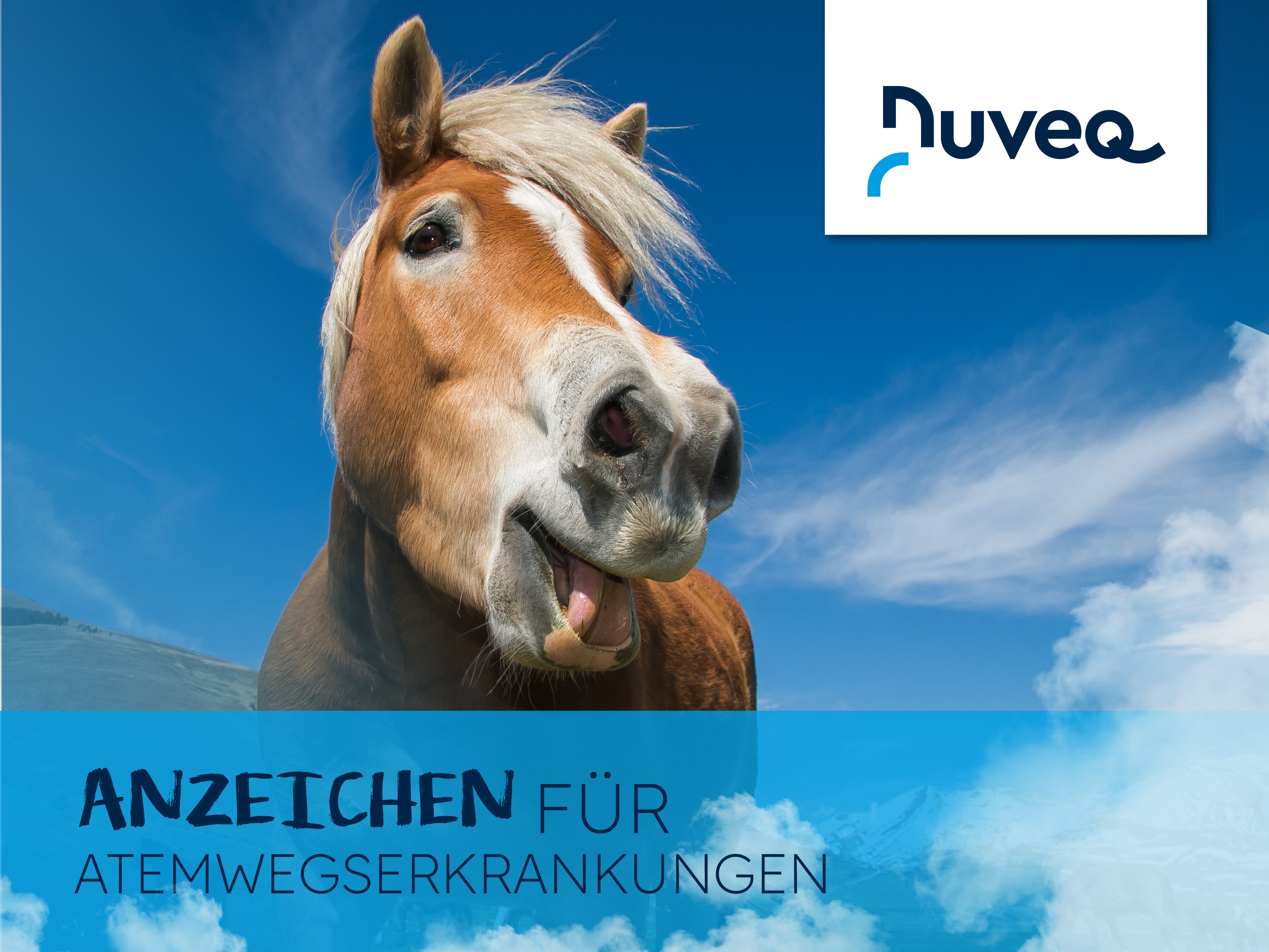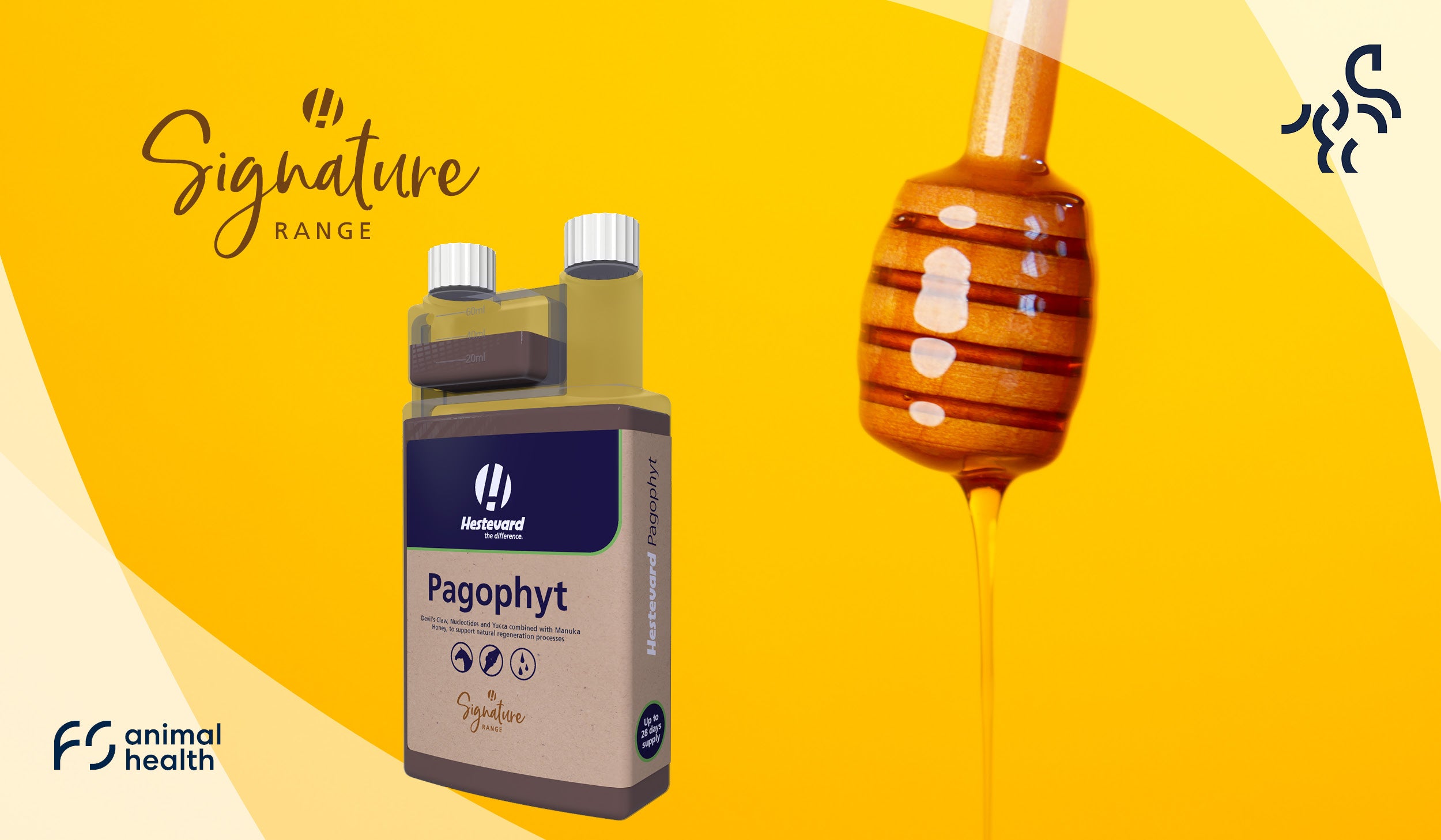Gastric ulcers are a common problem in horses. This condition can affect both recreational and sport horses and can lead to a variety of symptoms. In this blog post, we will take a closer look at gastric ulcers in horses.
What are stomach ulcers in horses? Gastric ulcers occur when the protective mechanism of the stomach lining is impaired and the acid produced by the stomach attacks the lining. There are two types of gastric ulcers in horses: the esophagogastric ulcer and the glandular gastric ulcer. The esophagogastric ulcer occurs near the stomach outlet and the glandular gastric ulcer occurs in the upper part of the stomach.
Causes of stomach ulcers in horses
There are several factors that can contribute to the development of gastric ulcers in horses. These factors include:
-
Feeding management : Inadequate feed intake can result in the horse's stomach being empty for long periods, making the mucous membrane more susceptible to acid. Overfeeding or feeding coarse feed components can also contribute to the development of stomach ulcers.
-
Stress : Stress can promote the development of stomach ulcers in horses. Stressful factors include, for example, long transports, competition situations, changes in the living environment and social status within the herd.
-
Medications : Some medications, such as painkillers, antibiotics and steroids, can contribute to the development of stomach ulcers.
Symptoms of stomach ulcers in horses
The symptoms of gastric ulcers in horses can vary and are not always obvious. Some of the most common symptoms include:
- loss of appetite or weight loss
- Gastrointestinal disorders such as colic, flatulence or diarrhea
- Behavioral changes, such as aggression or apathy
- Tenderness in the abdomen or back area
- Decrease in performance and lack of energy during training
Some horses also show symptoms such as increased burping or yawning, which may indicate stomach ulcers. Other signs may include bloating, reduced feed intake, and sudden weight loss. If you notice one or more of these symptoms in your horse, be sure to consult a veterinarian.
Treatment of gastric ulcers in horses
If you suspect your horse is suffering from gastric ulcers, you should consult a veterinarian. An endoscopic examination can help confirm the diagnosis. Treatment of gastric ulcers in horses usually involves a combination of medications and changes in feeding management.
Treatment for gastric ulcers in horses depends on the severity of the condition. A veterinarian can diagnose the condition and recommend how best to treat it. Most veterinarians recommend a combination of medications and dietary changes.
Medications used to treat stomach ulcers include proton pump inhibitors such as omeprazole and ranitidine. These medications reduce the amount of stomach acid and help inhibit ulcer growth. A veterinarian may also recommend pain relief to keep the horse comfortable during the healing period.
A change in diet can also help treat stomach ulcers. A veterinarian may recommend a special diet aimed at reducing acidity in the stomach while increasing the amount of food. Additionally, hay can be fed in small, more frequent portions to support the gastrointestinal tract.
Prevention of gastric ulcers in horses
There are some steps horse owners can take to reduce the risk of gastric ulcers in horses. These include feeding smaller meals, which move food more slowly through the digestive tract and reduce the risk of stomach acid buildup. A constant supply of hay or pasture can also help reduce the risk of gastric ulcers.
The use of hay nets or baskets can also help slow down the horse's eating behavior and reduce the risk of stomach ulcers. In addition, the use of supplements containing prebiotics and probiotics can help maintain the balance of the intestinal flora and aid digestion.
Conclusion
Gastric ulcers are a serious condition in horses that can be treated with a combination of medication and dietary changes. Horse owners should be aware that there are certain factors that can increase the risk of gastric ulcers, such as stress and inadequate feed intake. By taking steps to keep the risk of gastric ulcers low, you are actively contributing to your horse's health.



